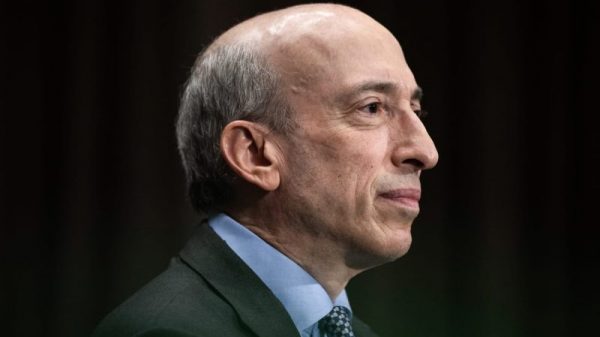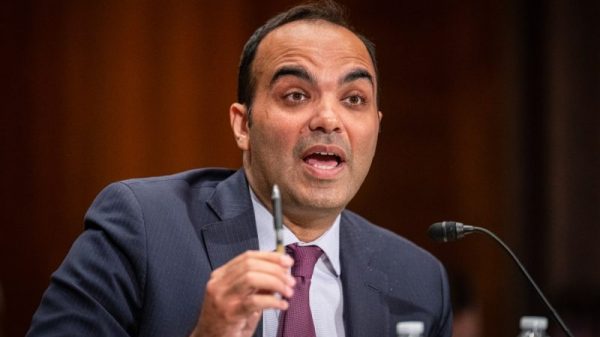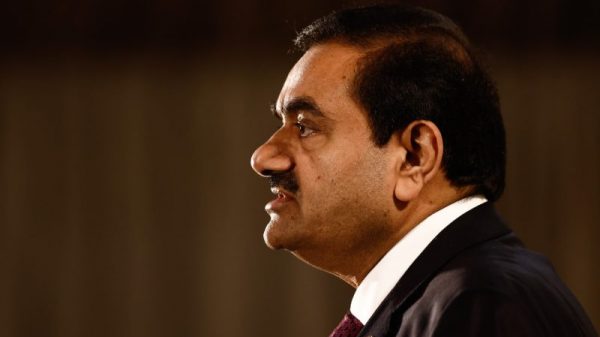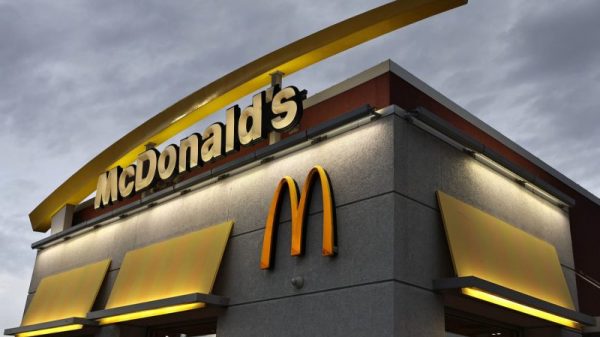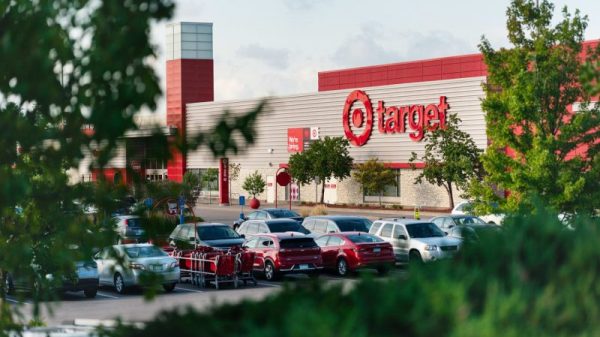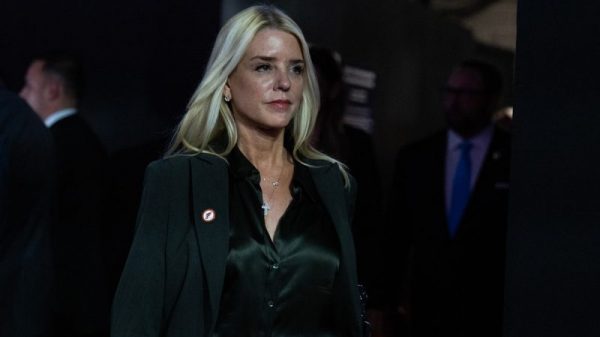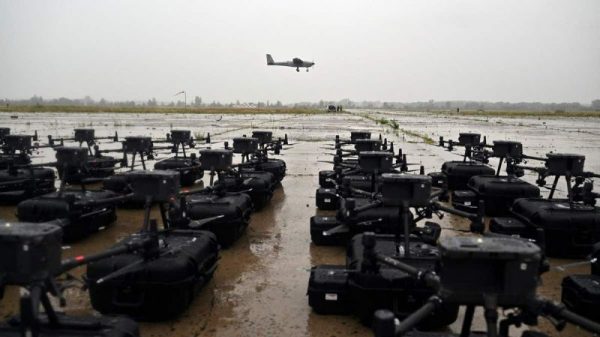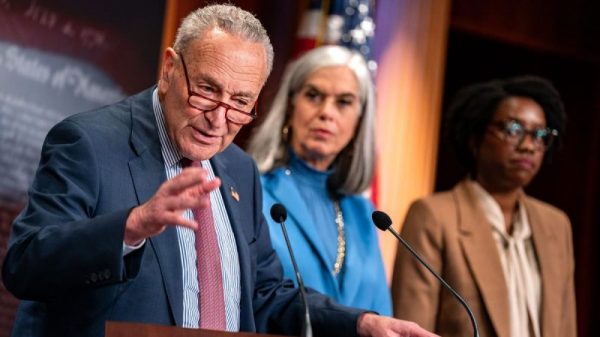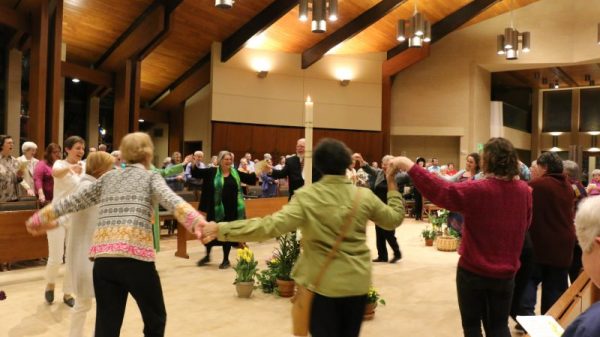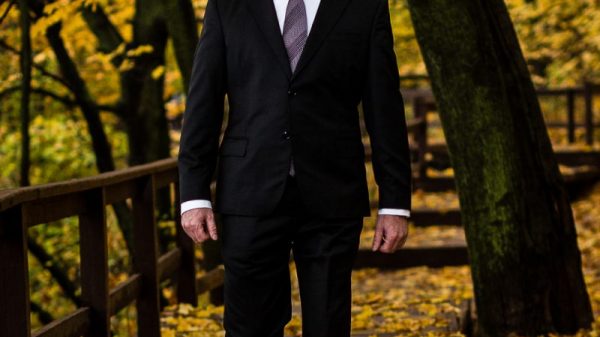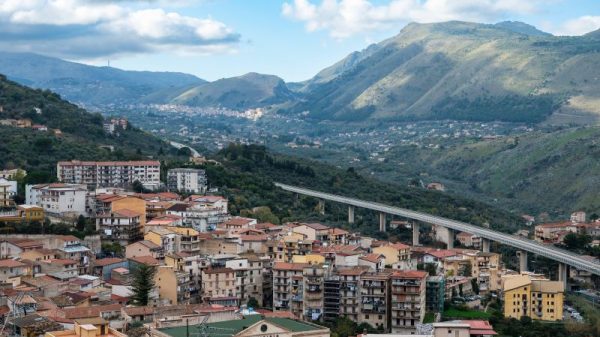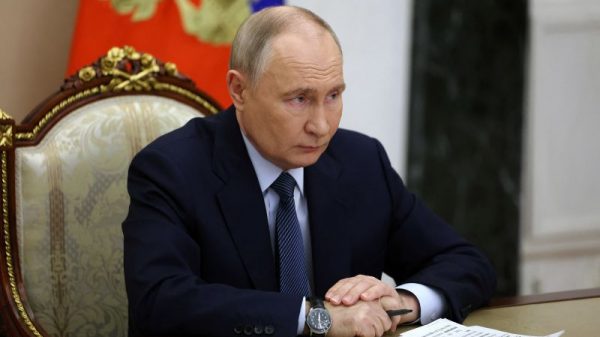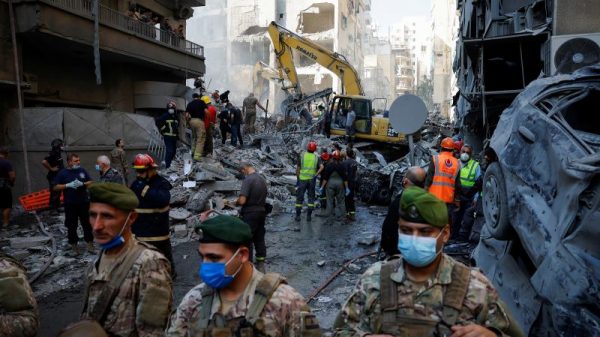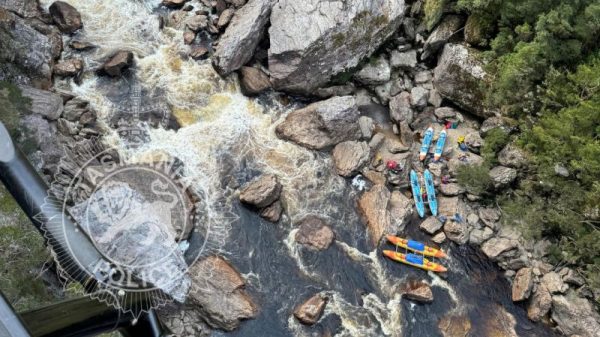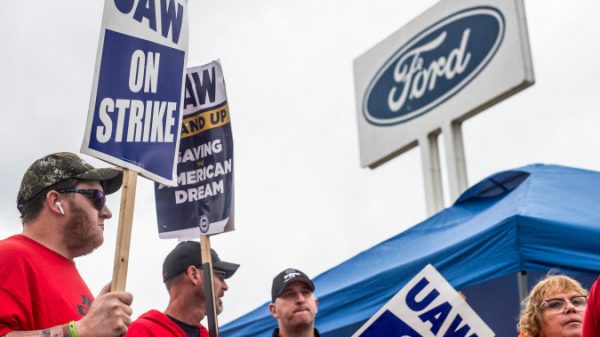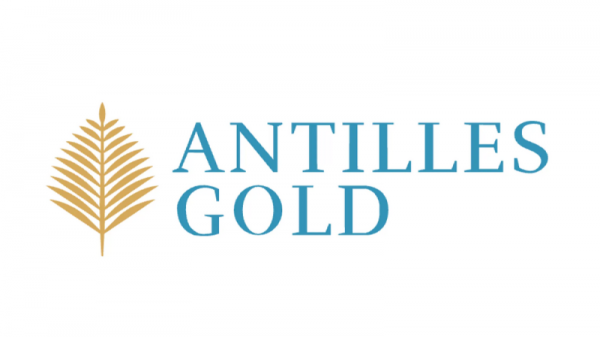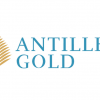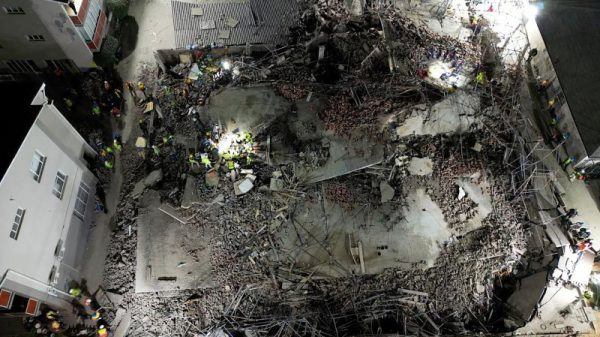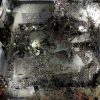Editor’s Note: This story contains graphic content.
A 14-year-old boy lies in Al-Aqsa Martyrs Hospital in Deir Al-Balah, Gaza Strip, severely burned from an Israeli airstrike. Doctors say nearly his entire body is affected. His wounds have now become infested with maggots.
When the boy’s dressings are changed, maggots fall to the floor. This happens every time, Dr. Mughani said.
There’s nowhere else for the boy to go. According to the United Nations, an estimated 12,000 patients are waiting to leave Gaza to receive urgently needed medical care, but medical evacuations have been suspended since the closure of the Rafah crossing with Egypt four months ago.
This case is a testament to the deteriorating sanitary conditions for the Palestinians trapped in the besieged enclave after 11 months of war, both within and outside hospitals.
Even as the campaign to vaccinate Gaza’s children for polio continues, the United Nations and aid agencies warn of deteriorating public health conditions.
On Sunday, the UN Relief and Works Agency (UNRWA), the UN body in charge of the Palestinian territories, said on X: “While we vaccinate children against polio, many other diseases continue spreading in Gaza.”
“Piles of trash grow higher next to tents & shelters. Sewage keeps flooding the streets. Access to hygiene products is increasingly limited. Sanitary conditions are inhumane,” UNRWA said.
The UN Office for the Coordination of Humanitarian Affairs (OCHA) warned last week that limited access to clean water and sanitation facilities, coupled with the lack of affordable hygiene items, was aggravating Gaza’s public health crisis.
In July, the price of soap had reportedly increased by nearly 1,200% across the strip from a year earlier, with the price of shampoo almost 500% higher in the same period, OCHA said.
“Humanitarian partners have been working to ensure that hundreds of thousands of hygiene kits can reach people in need, but those efforts continue to be hampered by active conflict, access restrictions, the lack of public order and safety, and evacuation orders issued by Israeli authorities,” OCHA said.
Families who have been displaced face extreme difficulties in maintaining basic hygiene in overcrowded shelters and displacement sites, the agency said, while critical facilities, such as health centers, community kitchens, child-protection spaces, nutrition centers, and schools, lack the necessary tools to ensure safe and sanitary conditions. This situation is likely to deteriorate further during the winter.
Selling homemade soap
Some residents have taken to making soap and detergents, and selling them.
“There is no alternative. There is nothing that can be brought in. There is nothing ready-made. Everything is closed,” Al-Taweel said.
But he was worried that the raw materials may also run out in the coming days.
“The ready-made product was cheap and available, but everything is expensive… People complain.”
“The shampoo is 15 shekels ($4). We used to sell it for 10 shekels.”
But she said they were often poor quality and very expensive.
“We have epidemics and a high (rate of) infections, parasites and fungal infections in children. There is no hygiene,” Shahoura said.
UN agencies and partners are attempting to restore wells that were damaged due to fighting in Deir Al-Balah in late August, which reduced groundwater production by 75%. Eight wells were significantly damaged, four of which cannot be repaired at present, OCHA said.
As of this month, daily clean water production in the enclave was at a quarter of pre-war supply, OCHA said, citing agencies involved in public health in Gaza.
The volume of water transported through trucking operations however doubled between 19 August and 1 September. Even so, it is far less than can be generated from wells – and delivery has been hampered by fuel shortages and persistent traffic congestion in the AlMawasi area, where thousands of internally displaced have moved.
Saeed Rayyan, a Gaza resident, sells chlorine to sterilize tents and clothes.
Supplies of liquid chlorine were hard to come by, he said, so they often had to resort to powdered chlorine and caustic soda to try to preserve hygiene.
“There are no alternative materials to eliminate diseases. There is no shampoo,” Rayyan added. People used dishwashing liquid and laundry detergent to try to stay clean.
“Due to the spread of epidemics and diseases and the lack of cleanliness in the tents, as well as the large accumulation of garbage in the country, there is no cleaning… of the bathrooms and there is no (hygiene) supervision in the markets in general,” he said.






